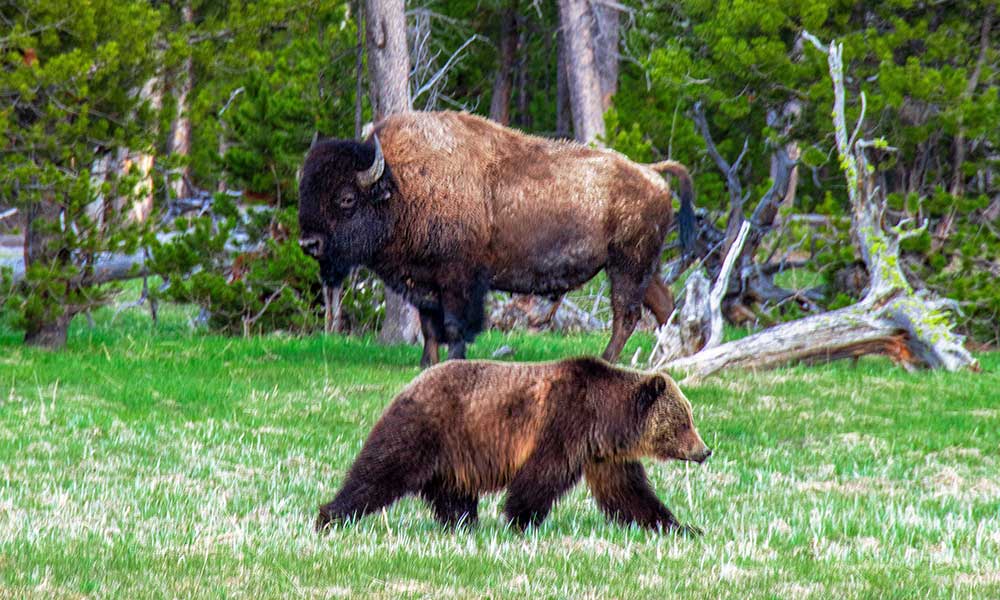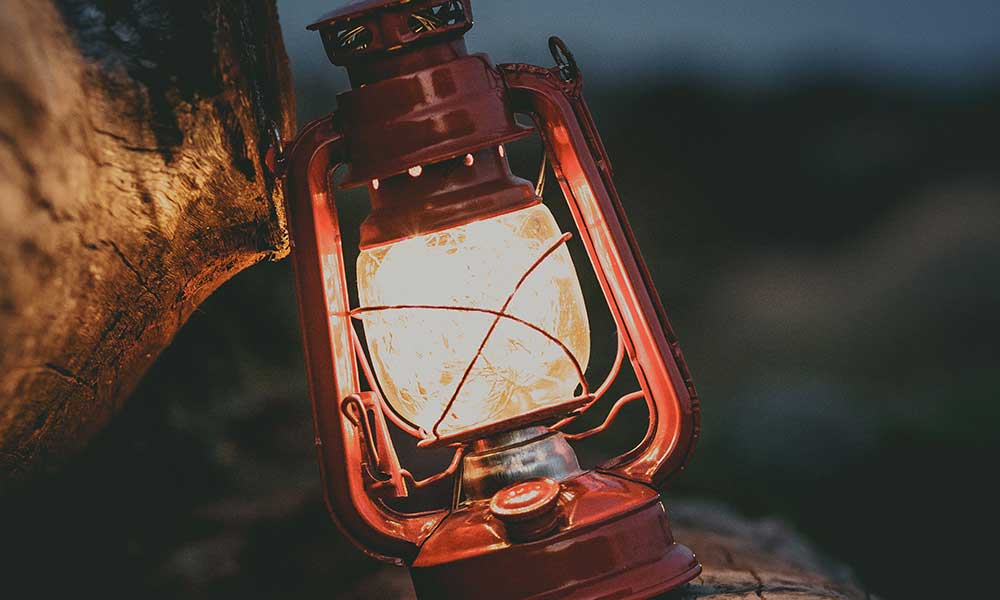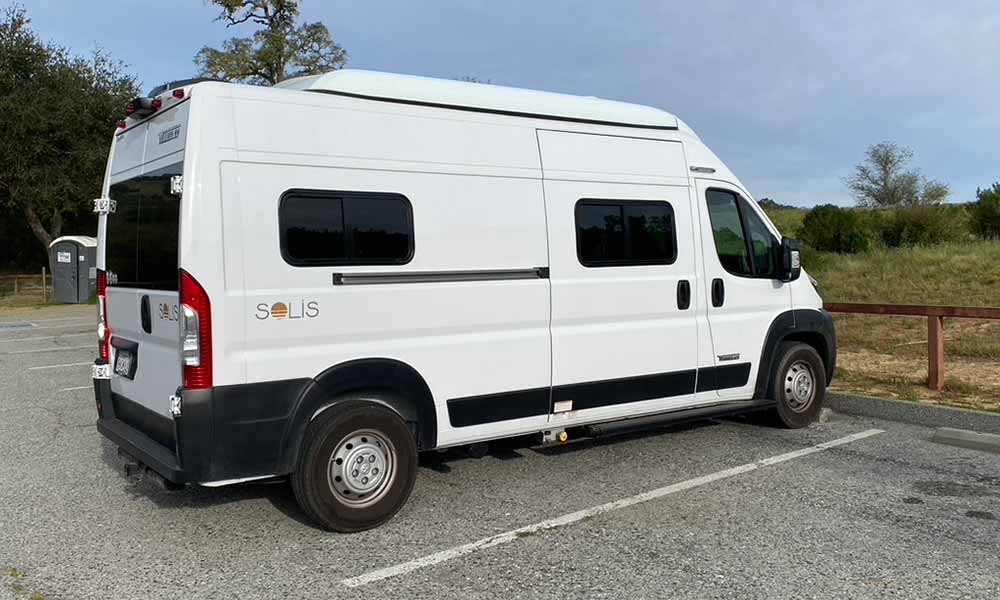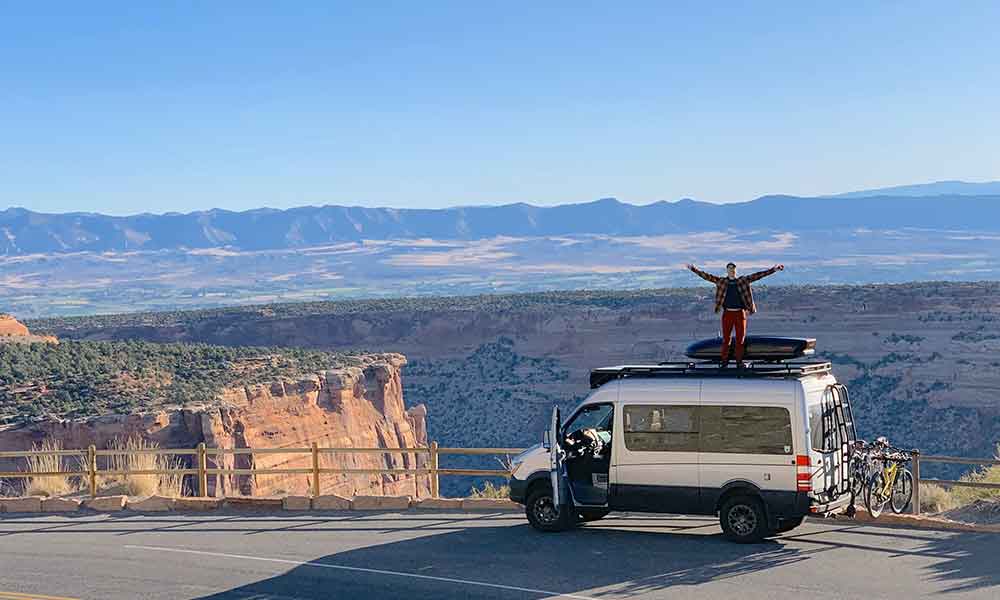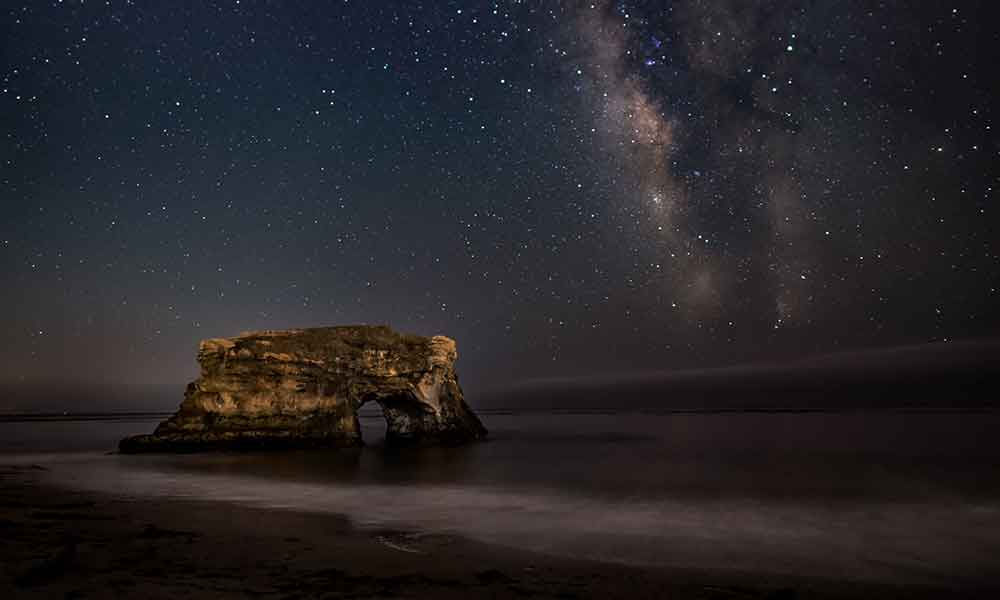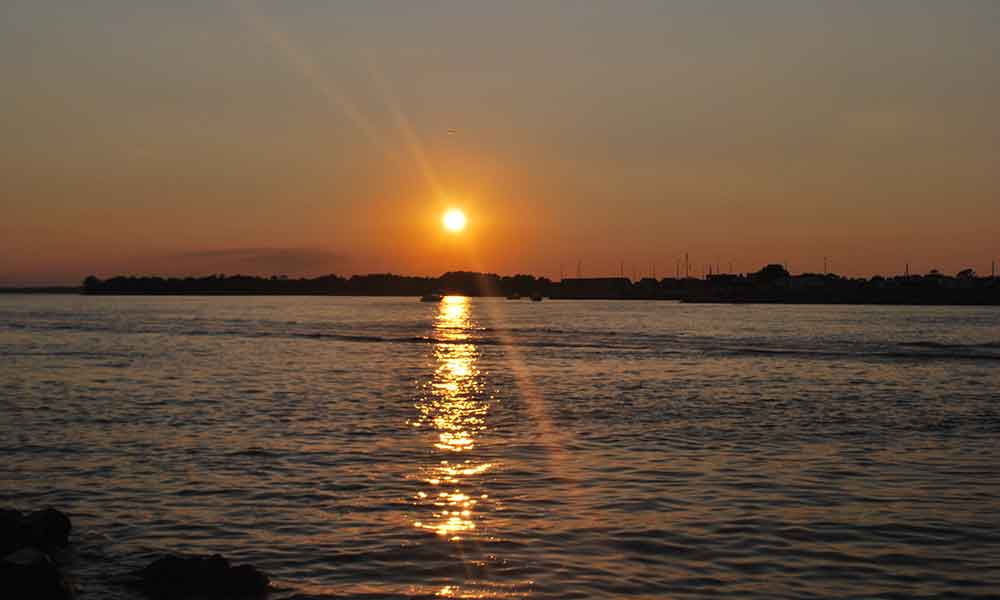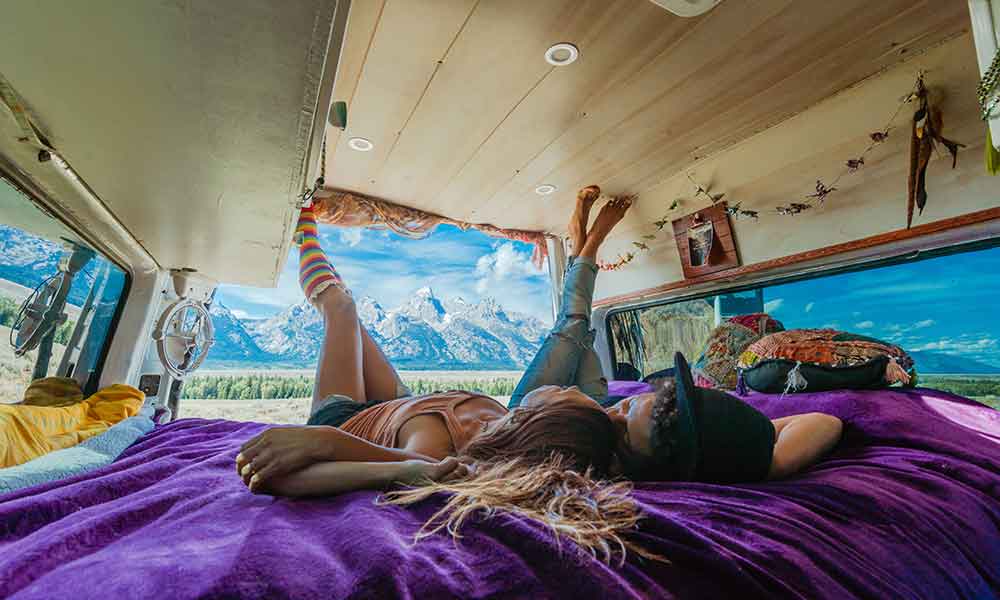Camping is a favorite pastime activity of millions of people. It is an affordable vacation and a refreshing way to reset and take a break from your busy life. Most people are concerned with whether it is safe to camp and how to stay safe.
Camping isn’t dangerous as long as you take natural elements into account, the area where you choose to set up your campsite, and if you ensure that you have enough supplies to sustain yourself. It is always best to camp in designated campsites, and you should have basic knowledge of how to camp.
Being outdoors is a healthy way to unwind, refresh yourself and is a wonderful way to spend time alone, with family or friends. It is a bonding activity and is exceptionally rewarding when done right.
Tips To Stay Safe While Camping
Camping isn’t a dangerous activity if it is done correctly. It is always safest to stay in designated and secure campsites, and it is also a fun way to meet new like-minded people.
Knowing how to safely camp will save you stress in the long run, and being adequately prepared will make the time you spend at your vacation endless fun. You will be able to relax because you will have everything you need handy.
Research
It’s essential to do some basic research on where you are camping before you begin preparing for your trip. Every campsite will have different amenities available, impacting what supplies you should bring with you.
There are campsites that have flush toilets, electric points, showers, and running water, while others have no amenities. It’s important to have a basic understanding of the wildlife and the bush in the area where you are camping.
For example, when camping in a Malaria zone, you will be required to take preventative medication and bring an abundance of bug spray to keep yourself safe from mosquitos.
It would be best to remain current with weather patterns in the area and always be prepared for the worst-case scenario.
The most experienced campers start planning up to a month in advance to ensure they do not run into unnecessary trouble.
Preparation
Bringing enough supplies along with you for your camping trip can be the difference between an incredible trip and a nightmare. It is best when you stay in campsites without running water or unsafe drinking water to bring enough drinking water to sustain yourself safely.
Prepare your food and ensure it is safely stored to avoid attracting wildlife to your campsite, which can become dangerous in the worst-case scenario or cause you to lose your supplies.
Ensure that you pack enough medications, such as anti-nausea meds, aftersun, painkillers, and flu medications. You would rather have too much and not need them than need medications and not have them.
Other vital things to bring with you are sunscreen, insect repellent, and suitable clothing.
Knowing where the nearest medical care centers are can be the difference between life and death.
Make a list of everything you’ll need for your trip and double-check that you have correctly packed your things. This list is the key to ensuring your camping trip will go smoothly.
Campfire Safety
A campfire that isn’t correctly monitored can result in severe damage. It is best only to start a fire in a fire pit and never to leave it unattended, especially during the dry seasons where a small pit fire can quickly get out of control.
It is imperative not to light a fire during strong winds as the winds cause the fires to become out of control. Especially where there is alcohol involved, fire safety is critical to adhere.
A campsite will advise on their rules and regulations regarding setting up your fire.
Be Aware Of Wildlife
Be vigilant of your surroundings and what wildlife could be nearby. Snakes, dangerous spiders, monkeys, baboons, and bears are all common wildlife you can encounter.
Use flashlights when walking around at night, and don’t leave food lying around. Having a medical aid kit handy is vital if you are bitten by a snake or injured by an animal. If it happens that a snake bites you or an animal attacks you, it’s essential to remain calm.
Ensure that the wound is protected and safely restrict blood flow to the area. Remove any jewelry near the wound and do your best to keep it clean. Get to the nearest emergency center as quickly as you can as it is likely you’ll require a tetanus shot or medical attention.
Protect Yourself From The Sun
The easiest mistake to make while camping is to get sunstroke and severe burns by exposing yourself to too much sun. Staying hydrated and applying generous amounts of sunscreen is vital to avoid unnecessarily becoming ill.
Having aftersun with you will be helpful to reduce the extent of the sunburn.
Be Aware Of Plantlife
Plants can cause damage if you aren’t aware to stay away from them. Poison ivy and poisonous wild berries can cause damage and irritation if you contact them. It is better not to eat any wild-grown fruit or vegetables you find along your trails unless you are an expert at identifying what’s safest to eat.
Stinging nettle is another plant to avoid. Knowing which plants irritate the skin and what they look like will be helpful in avoiding them.
Set Up Your Equipment Correctly
Securely setting up your tent and camping equipment is vital to ensure that your tent doesn’t collapse with a gust of wind. Securing your equipment further ensures that wild animals can’t get into your belongings.
Checking your equipment before you go camping is the best way to ensure that your equipment doesn’t have any tears, is clean, and is suitable for a camping trip.
Stake your tent down securely and correctly. Secure your tent to nearby trees or poles to ensure it will not go anywhere. Check for rocks under the area where you are setting your tent up, and remember to check up above you. Branches from trees can fall on you, and it’s best to avoid setting up under trees.
In Conclusion
Camping is a safe vacation if you are well prepared and have a basic understanding of how to camp. Knowing which plants to avoid touching and how to secure your food ensures that you don’t unnecessarily put yourself in bad situations.
Check your bags before you leave and know what weather to expect. Listen to your body, staying hydrated, and avoiding exposing yourself to the sun unprotected is the best way to have a fun and safe camping trip.
Happy camping!

